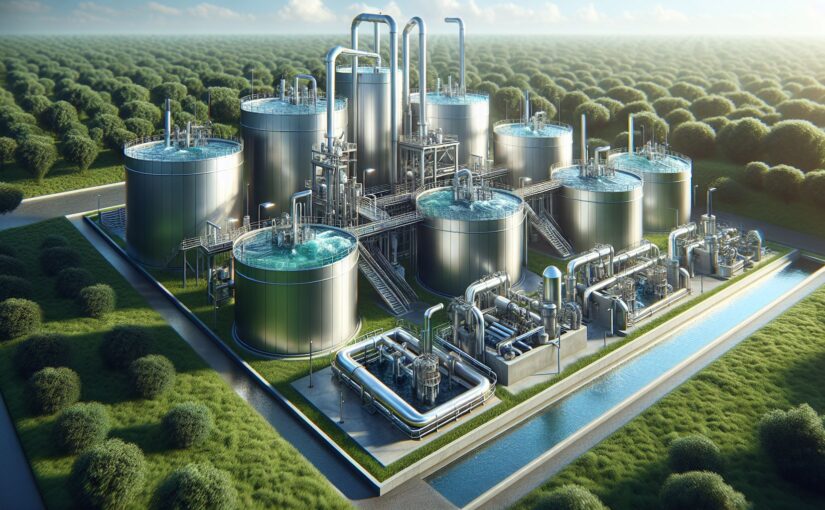In a world pressed to find sustainable energy sources to reduce the carbon footprint and combat climate change, renewable energy from wastewater emerges as a promising solution. Over recent years, scientists have put significant effort into developing technologies for harnessing the energy potentials in wastewater, the unused byproduct of residential, commercial, and industrial activities.
Unlimited Potential in Wastewater
Every region around the world produces massive amounts of wastewater daily. Wastewater is rich in organic materials that, when processed correctly, pays off in the form of renewable energy sources [^1^]. Additionally, treating wastewater in a productive way positively impacts the environment, reducing water pollution and other related issues.
Microbial Fuel Cells: The Breakthrough Technology
Microbial fuel cells (MFCs), a promising technology in this aspect, allows extracting electric power from the organic substances in wastewater through bacterial metabolic activities. As an innovative approach of biochemical-electrical energy conversion, MFCs are an eco-friendly, sustainable tool for both wastewater treatment and energy production [^2^].
The Working Mechanism of MFCs
In an MFC, electroactive bacteria act on the organic matter in wastewater and produce electrons. These electrons are then transferred to the anode and through a connected outer circuit reach the cathode, thus creating electricity. This conversion process is clean, renewable, and offers a significant step towards achieving energy sustainability.
Hurdles and Prospects
Though MFCs provide an attractive alternative to conventional wastewater treatments and energy harvesting systems, there are some challenges on the path. The main hurdles are related to the efficiency of the devices and the economic aspect of their large-scale implementation. Scientists across the globe are working dedicatedly on advancing MFC technology for solving these issues and making renewable energy from wastewater a mainstream reality.
Today, wastewater is no more mere waste but a powerful resource. With proper utilization, it offers potential solutions to two crucial issues of the modern world — energy crisis and water pollution. As we progress in this domain and overcome the obstacles, the world will be closer to a sustainable future, generating renewable energy from an unlikely source, wastewater.
[^1^]: United Nations University, Electricity from wastewater – innovative bacteria power small energy cells
[^2^]: An Introduction to Microbial Fuel Cells, Energy & Environmental Science Journal, Microbial fuel cells: methodology and technology
[^3^]: Discovering a renewable energy source in wastewater treatment, From toilet to turbine: Unearthing the potential of wastewater
